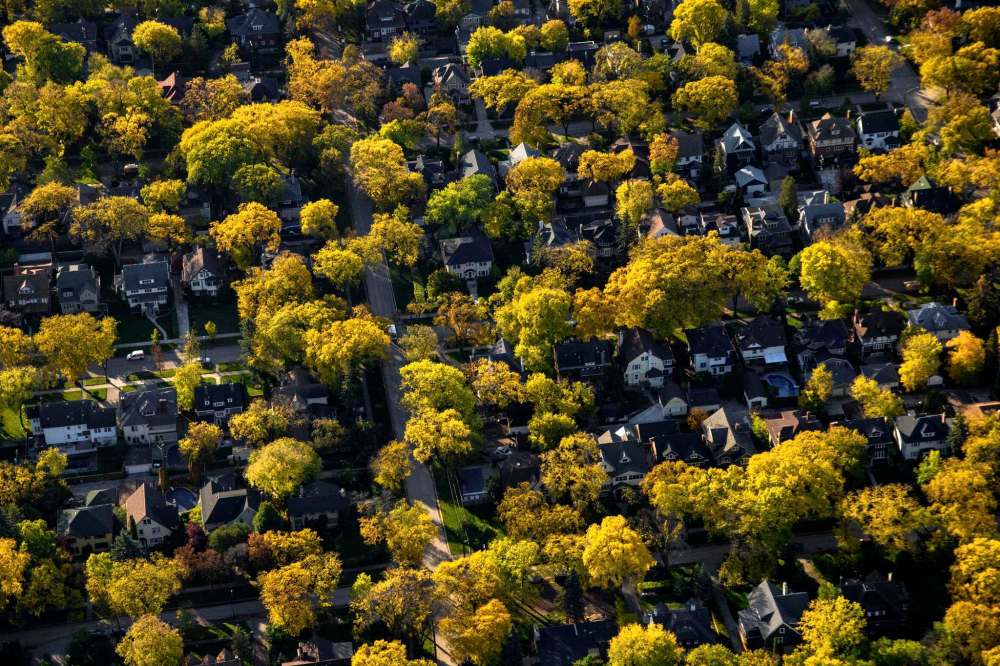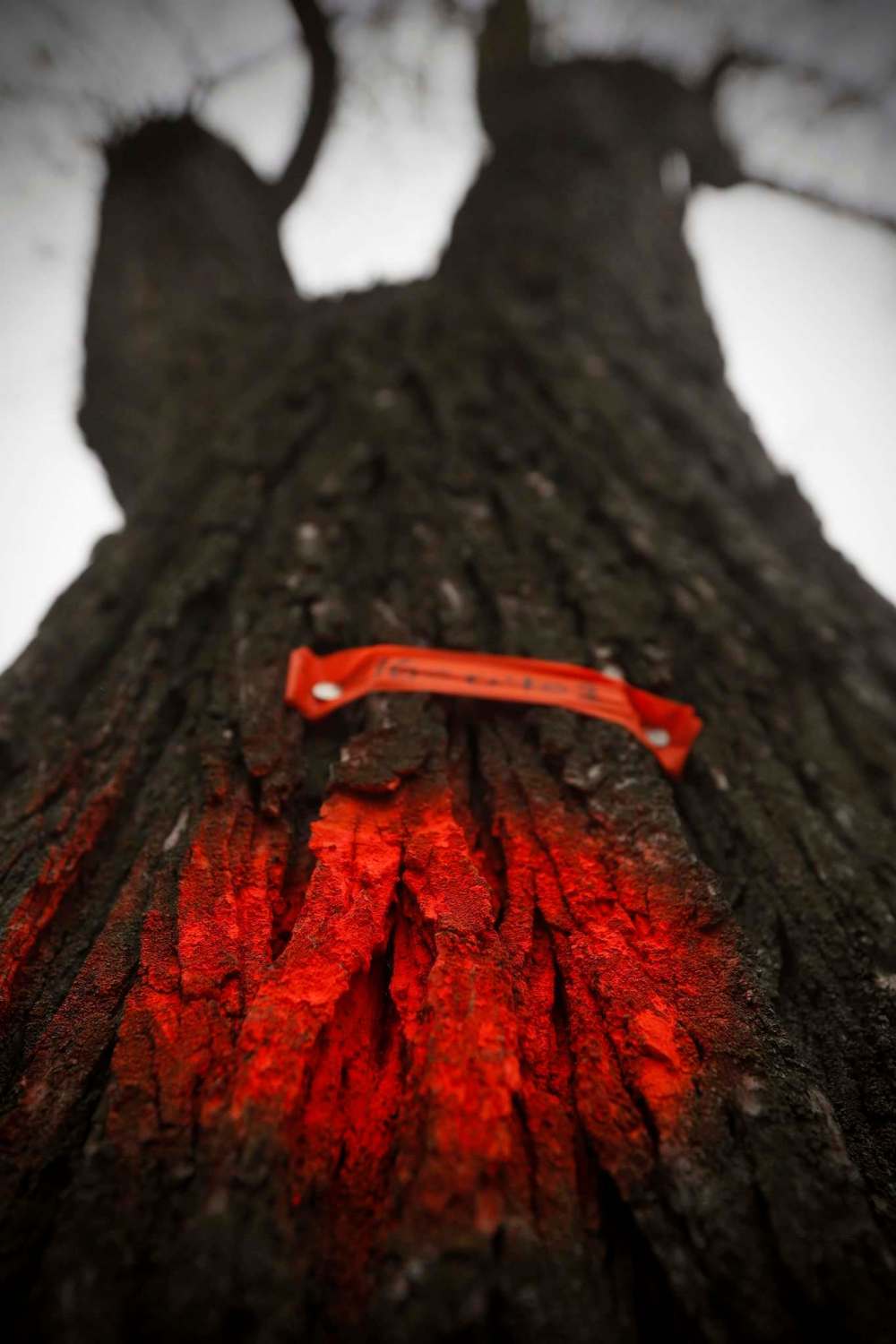Relief in the grief
Letting go of control, living in the moment, part of making sense of pandemic life
Advertisement
Read this article for free:
or
Already have an account? Log in here »
To continue reading, please subscribe:
Monthly Digital Subscription
$0 for the first 4 weeks*
- Enjoy unlimited reading on winnipegfreepress.com
- Read the E-Edition, our digital replica newspaper
- Access News Break, our award-winning app
- Play interactive puzzles
*No charge for 4 weeks then price increases to the regular rate of $19.00 plus GST every four weeks. Offer available to new and qualified returning subscribers only. Cancel any time.
Monthly Digital Subscription
$4.75/week*
- Enjoy unlimited reading on winnipegfreepress.com
- Read the E-Edition, our digital replica newspaper
- Access News Break, our award-winning app
- Play interactive puzzles
*Billed as $19 plus GST every four weeks. Cancel any time.
To continue reading, please subscribe:
Add Free Press access to your Brandon Sun subscription for only an additional
$1 for the first 4 weeks*
*Your next subscription payment will increase by $1.00 and you will be charged $16.99 plus GST for four weeks. After four weeks, your payment will increase to $23.99 plus GST every four weeks.
Read unlimited articles for free today:
or
Already have an account? Log in here »
Hey there, time traveller!
This article was published 09/10/2020 (1862 days ago), so information in it may no longer be current.
When the elm fell outside my house, the weight of the trunk hitting the ground made my bed leap, momentarily, from the floor.
I was still in it, mind you, and I didn’t know it was a tree until I, still dazed with sleep, looked out my front window. My heart sank. It was carnage — the carnage familiar to anyone living in Winnipeg’s older neighbourhoods. Men in hardhats everywhere. Chainsaws and woodchippers, grinding down a big, strong elm tree into sawdust. One hundred years to grow, 45 minutes to cut down.
They weren’t done. Three (three!) more trees followed. One tree is sad enough; four, in one go, is a heartbreaking loss. Panic rose in my chest. I wanted to run out and tell them to stop.

My beloved elms have been giving me a lot of anxiety lately. Not just the ones with the orange spraypaint, obviously marked for death, but the seemingly healthy ones, like the one left in front of my house. You’re fine… for now.
This sensation, I learned, has a name: anticipatory grief. “Anticipatory grief,” like “surge capacity,” is a term that has gone mainstream via widely shared articles that aim to answer the question of the pandemic: ‘Why do I feel terrible all the time lol.” Anticipatory grief is the grief for a loss yet to happen. (Surge capacity, meanwhile, is the thing you’re out of, the adrenaline that carried you through March and April.)
Many people are feeling a lot of anticipatory grief right now owing to COVID-19, in both micro and macro ways. The pandemic has upended our lives and contorted them into something that looks kind of like our old lives — if we’re lucky — but not really. Our neighbourhoods kind of look the same with fewer trees in them, but not really.
Of its many lessons, the pandemic has been a real masterclass in letting go of control, which, spoiler alert, we didn’t have much of in the first place. The anxiety I have about the trees is a sibling of the anxiety I feel about the pandemic: a disease is radically changing the landscape and I don’t like it and I can’t stop it.
The light in my living room is different. The view is different. It’s unsettling. I’ll get used to it. That’s the thing about grief after it moves from ‘anticipatory’ to actualized: like a virus, you learn to live with it.
● ● ●
Last summer, I wrote a long feature about the changing face of our tree canopy. But that most Winnipeg of stories was actually composed at 39,000 feet somewhere over Saskatchewan. I was flying to Calgary, hoping to say goodbye to my grandfather — my Poppa — who was dying. He kept mistaking his nurses for me. I had to go.
I called him Poppa because he was only 44 when I was born, and you just don’t call a 44-year-old man with all of his hair Grandpa. I spent a lot of time with Poppa and Grammy, who died when I was 11. He was, in many ways, so like the American elms I was eulogizing. Big, tall, strong. Indestructible, or so I thought. Nothing lasts forever, and yet that doesn’t stop you from believing certain people — certain things — just might.
Poppa taught me about trees, about ducks, about the restorative magic of a walk in the woods. That we must be good stewards of this place; that we were in the bears’ backyard and not the other way around. He built a cottage in the woods, out of logs — trees themselves, once. Those trees aren’t accessible to me now, either. The cottage was sold after he died, which is what he wanted. He’s still there though. So is Grammy. I got to say goodbye to all three of them: to Grammy, to Poppa, to the place they built. What a gift that is, a gift that has been denied to too many people this year.

A few nights ago, I participated in a Twitter thread about the (admittedly cheesy) TV narrative device that has characters stop and soak in an empty apartment, or an empty office. But I’ve done this in real life. There are moments in which you know, with clarity, that you’ll never, ever be back to this place, that things will never, ever be the same again. This is it. I did a stop-and-soak of the cottage, trying to commit it to my brain, trying to be — really be — in the moment. Or maybe trying to control it, who knows? I’ve started doing stop-and-soaks of my neighbourhood. It reminds me that this — all of it — is temporary.
I’ve always found the phrase “everything is temporary” to be both relaxing and terrifying. We’re all marked with orange spray paint, as it were. We’re fine… for now. Being in the moment is all we have.
Once, when I was little, at the cottage, I asked Poppa if he believed in heaven and he told me we were looking at it. I squinted in the sun. The lake looked like diamonds.
jen.zoratti@freepress.mb.ca
Twitter: @JenZoratti

Jen Zoratti is a columnist and feature writer working in the Arts & Life department, as well as the author of the weekly newsletter NEXT. A National Newspaper Award finalist for arts and entertainment writing, Jen is a graduate of the Creative Communications program at RRC Polytech and was a music writer before joining the Free Press in 2013. Read more about Jen.
Every piece of reporting Jen produces is reviewed by an editing team before it is posted online or published in print – part of the Free Press‘s tradition, since 1872, of producing reliable independent journalism. Read more about Free Press’s history and mandate, and learn how our newsroom operates.
Our newsroom depends on a growing audience of readers to power our journalism. If you are not a paid reader, please consider becoming a subscriber.
Our newsroom depends on its audience of readers to power our journalism. Thank you for your support.

